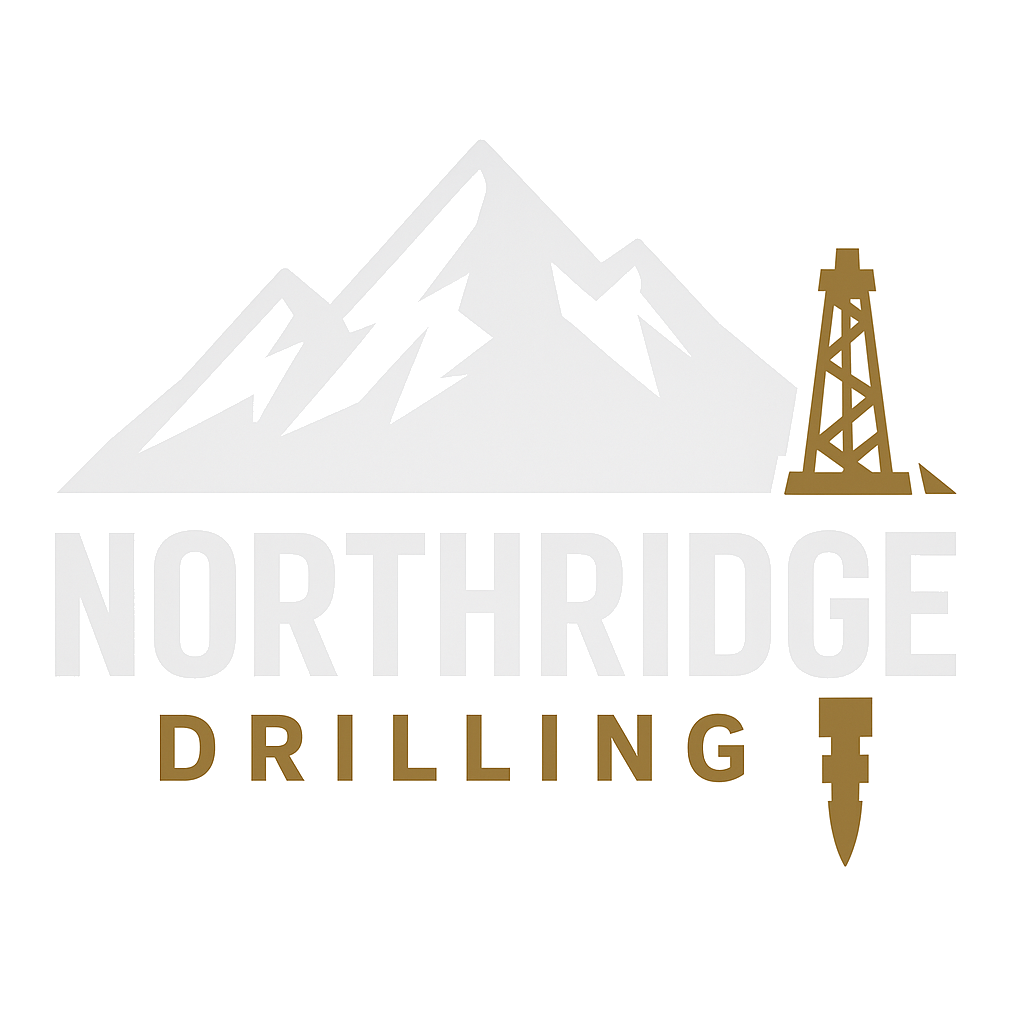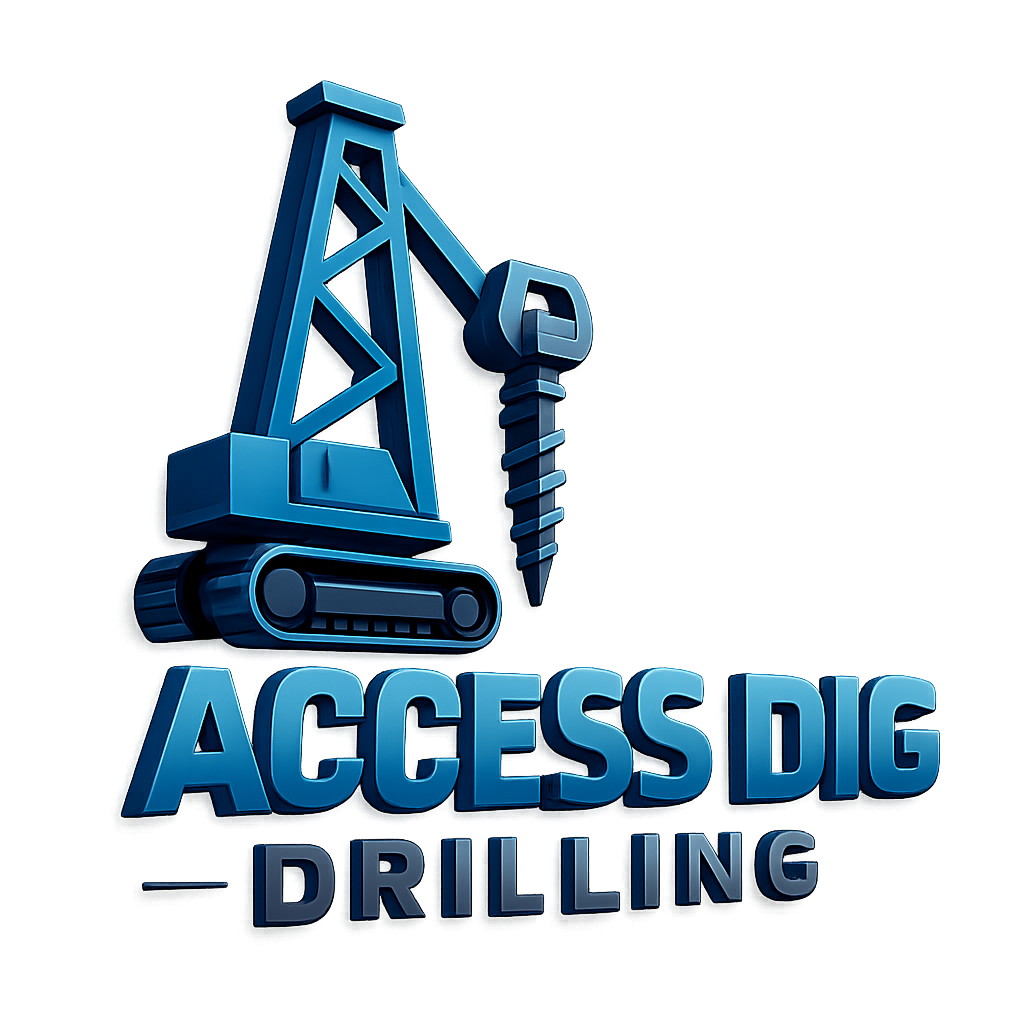Introduction
Rig deployment is a critical phase in oil and gas exploration and production, involving the mobilization, assembly, and commissioning of drilling rigs at targeted sites—both onshore and offshore. This process is highly complex, requiring precise planning, technical expertise, and rigorous safety protocols.
Types of Rigs
- Onshore Rigs: Used on land, easier to deploy and more cost-effective.
- Offshore Rigs: Includes jack-up rigs, semi-submersibles, and drillships, each suited to different water depths and environments.
- Mobile Drilling Units (MDUs): Portable rigs ideal for remote or temporary operations.
Deployment Phases
- Site Preparation: Includes surveys, ground leveling, and infrastructure setup.
- Mobilization: Involves transporting equipment, securing permits, and coordinating logistics.
- Assembly & Installation: Erecting the rig structure, installing power systems, and setting up control units.
- Commissioning: Testing all systems, conducting safety drills, and ensuring regulatory compliance.
Key Personnel
Successful deployment involves a multidisciplinary team, including rig managers, drillers, engineers, electricians, mechanics, safety officers, and logistics coordinators.
Challenges
- Extreme weather conditions and remote terrains
- Complex logistics and transportation planning
- Strict environmental and safety regulations
- High operational costs and tight timelines
Safety & Environmental Considerations
Every rig deployment must comply with stringent HSE (Health, Safety, and Environment) standards. This includes implementing emergency response plans, spill containment systems, waste management protocols, and environmental monitoring procedures.
Conclusion
Rig deployment sets the foundation for efficient and safe drilling operations. From site planning to full commissioning, each phase plays a pivotal role in the success of oil and gas projects. Meticulous execution ensures operational reliability, safety, and regulatory compliance across the lifecycle of a well.





